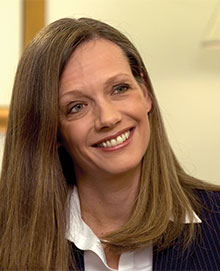Editor's Letter
Shifting Sands
Finance & Development, December 2017, Vol. 54, No. 4

This issue of F&D focuses on the Middle East and North Africa, taking stock of the region’s rapid transformation since the uprisings of 2011—a period that raised the hopes of millions for a better future and caused despair for millions of others.
The iron lid that had kept Arab societies artificially stable has been lifted, writes Marwan Muasher of the Carnegie Endowment for Peace. The only path to stability and prosperity is through institution building, power sharing, and inclusive growth—requiring a new social contract between governments and their people.
While political demands drove the uprisings, unresolved socioeconomic issues were the underlying cause, says the IMF's Jihad Azour. Seven years later, these problems remain largely unaddressed. With 60 percent of the region’s population under the age of 30, more jobs and better opportunities are essential for future stability. But that requires decisive action.
Conflicts in the region have claimed an estimated half million lives since 2011 and displaced masses of others, leaving ruin in their wake, write IMF economists Phil de Imus, Gaëlle Pierre, and Björn Rother. In Syria, for instance, GDP today is estimated to be less than half its 2010 level.
And yet, the region offers so much potential. Technology, including green energy, holds out the promise of meaningful jobs. Solar power and other renewable energy can help offset the risk of stranded oil and gas assets, according to the World Bank’s Rabah Arezki. And across the region, governments are launching tech funds, with some start-ups developing into large employers, writes Campbell MacDiarmid. Another source of growth is women, whose power to boost GDP is just beginning to be understood.
There has never been a more critical time to focus on the region’s untapped potential: its youth, its women, and its entrepreneurial spirit. The price of inaction is simply too high.


